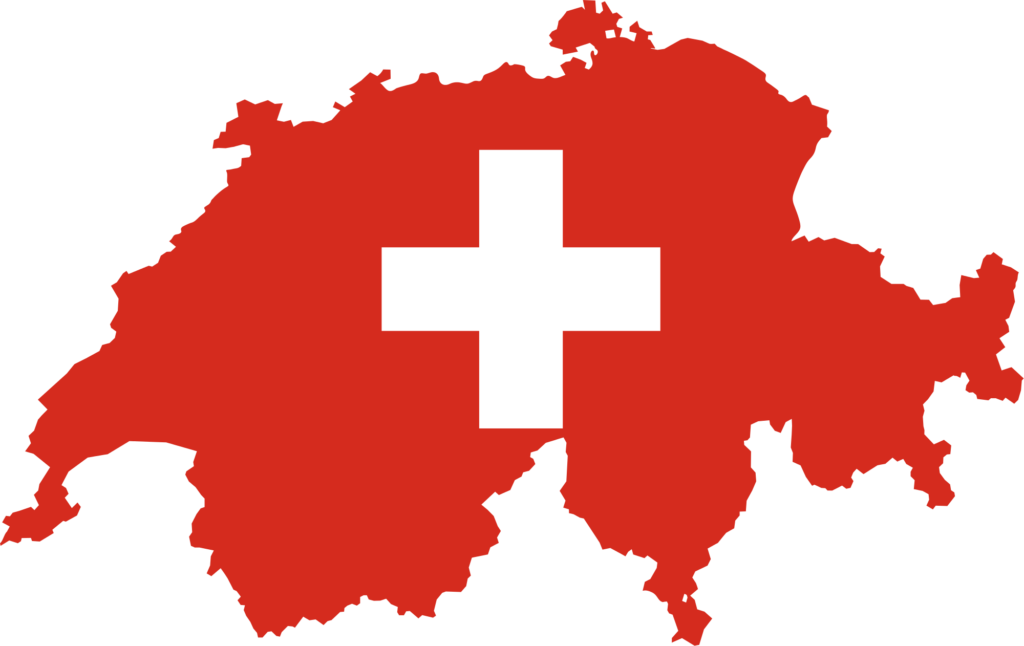by Thomas Fleiner
On Sunday May 21 2017, the Swiss voters decided only on one issue: namely, a law based on an optional referendum. The majority of the voters accepted the law on energy with 58.2 against a minority of the voters of 41.8%. Voter turnout was 42.3%.
While the mandatory referendum needs a decision of the majority of the people and of the cantons /(the sovereign), the optional referendum needs only the majority of the voters (Articles 140 and 141 of the Swiss Constitution). The typical act for the optional referendum is a federal law or federal act (Loi federal in French or Bundesgesetz in German). The decision of the majority of the people today was about the law of energy. Issues dealing with energy are very important for Switzerland and probably any country in the world. For a very long time, energy in Switzerland has been considered not only a legal but also a constitutional issue. After the disaster of Fukushima on 11 March 2011, the Federal Council of Switzerland established on September 4, 2013 a concept for the future strategy of the Swiss energy until 2050.
Already on September 23, 1990 the Swiss sovereign had adopted a “moratorium for ten years” against nuclear energy against the official recommendation of the Federal authorities (Federal Council and the two chambers of the Parliament). On the same date however, the Swiss Sovereign followed the official recommendations and rejected a popular initiative containing a constitutional and general prohibition of nuclear energy.
Actually, Article 89 Par. 1 of the Swiss Constitution obliges the Confederation and the Cantons to achieve sufficient, diverse, safe, economic and environmentally sustainable energy supply for the country. The Swiss sovereign adopted this Article of the Constitution on September 23 1990, the same date it approved against the official recommendation the “Moratorium” and rejected according to the recommendations a prohibition of nuclear energy. On September 30, 2016, the Parliament (both chambers) adopted the new law on energy, which is the actual issue of the peoples vote today. The Democratic Union (Peoples Party) and the alliance for energy collected within the prescribed term (100 days) sufficient signatures (50.000) to launch the referendum against this law (Article 141 par one of the Swiss Constitution). The Federal Chancellery decided on 31 January 2017 that the Democratic Union and the Alliance for Energy did within the term of 100 days collect enough signatures according to the constitutional requirements for a constitutional referendum.
Actually, Switzerland has already a law on energy, which is in force since June 26 1998. With regard to the agreement of Paris, the Parliament (both chambers) will accept and propose to ratify this agreement probably in next summer. In this context, one has to mention that the National Council (first chamber) did already accept the convention of Paris, the majority of the commission of the Council of the States (second chamber) has agreed with two to nine votes to recommend the plenary session of the second chamber (Chamber of the Cantons) to approve this convention.
The disaster of Fukushima occurred on March 11 2011 in Japan. Based on this disaster, the Federal council decided already in Mai 2011 to change dramatically the official Swiss strategy for energy. Accordingly, the Federal Council submitted to the Parliament on September 4, 2013 the first package of measures for the future new strategy for the Swiss energy. In this package, he also proposed a new energy law. The Federal Council wants to make accessible the actual potential of energy available in Switzerland. To achieve these goals, the use the actual hydroelectric power available in Switzerland was proposed. It also suggested utilising renewable energy (sun, wind power, the geothermal and the biomass energy). According to the suggestion of the Federal Council, such dramatic change of the Swiss strategy on energy is only possible with a new law on energy. According to Article 1 par 2 the goals of this new law to be decided with the referendum of today are the guarantee for an economically advantageous and environmentally friendly energy, the economically and efficient use of energy. The law should provide a transition to an energy supply which is more based on the use of domestic renewable form of energy.
To achieve these goals the newly passed law prescribes that each form of energy has to be used sparingly and efficient. The part of the total consumption of energy in Switzerland has to be efficient and competitive. The total energy consumption in Switzerland has to include renewable energy and this part of the consumption has to continuously increase. The initiator of the energy has to pay the costs for its use of energy. The new legislation prohibits in Article 12a of the law on nuclear power Swiss authorities to permit any new atomic power plant.
The main arguments of the Federal Council and of both chambers of the Parliament are the need to reduce the dependence from imported fossil energies and to strengthen domestic renewable energies. With regard to the costs, the additional costs for a household of four persons will be only 40 francs per year. The future energy efficiency will reduce these costs almost entirely. The proposed law provides a clean and secure supply of energy. Additionally, the proposed law provides for an exit from nuclear energy. Nuclear power plants can only function when they are secure. The costs for such security will require all holders of nuclear power plants to quit within a reasonable time.
The opponents of this law argue that this new law will cost in future 200 billion, which the taxpayers will have to pay. The federal government will have to ask to cut in half the use of energy. Those measures will raise enormously the individual costs for any private household. In addition, wind wheels the photovoltaic constructions, will mutilate the Swiss landscape.
